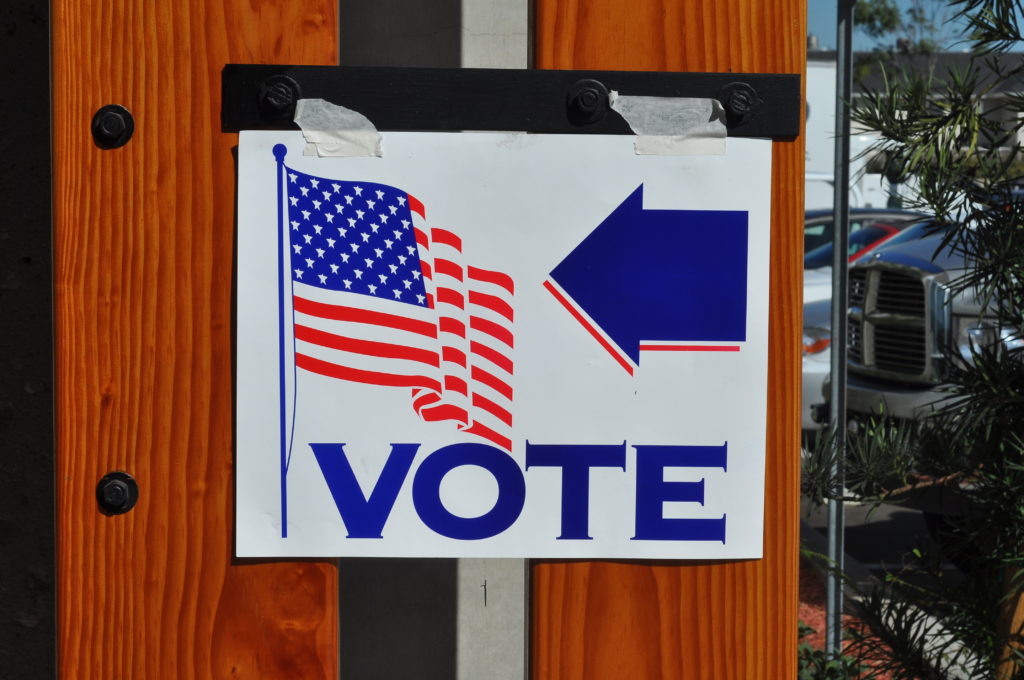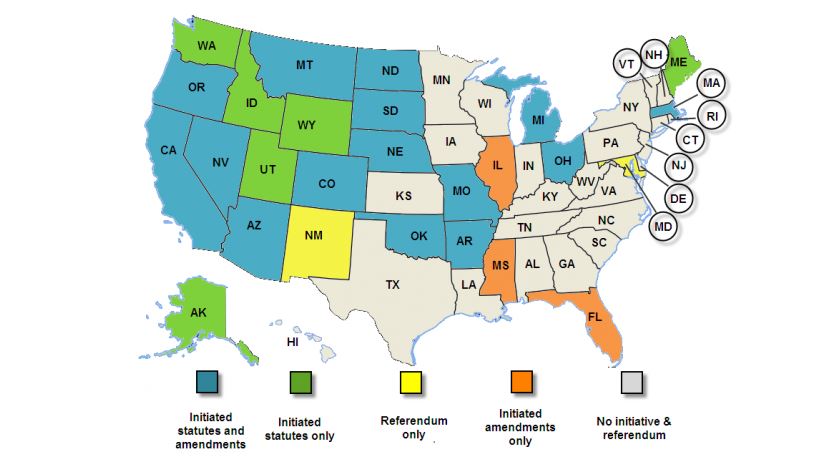“Should you vote for the businessman, the teacher or the counselor? The man or the woman? The Latino sounding name or the Asian sounding one? The name you saw on a lawn sign or the one you heard once? Too often, when voters enter the voting booth for local elections, these are the decisions they are faced with.
Though they are picking the future leaders of their city or school district — arguably the elected officials who will have the greatest impact on their everyday lives — voters often have no other information on which to base their decisions.”
— “Why It’s Not Your Fault You’re Bad at Voting in Local Elections,” Rebecca Kimitch, The San Gabriel Valley Tribune, October 2015
How familiar does this sound? With the 2016 election only a little over a week away, you’re likely up to speed on the presidential candidates — but what about all the other names you’ll see on the ballot for local elected positions when you step into the voting booth on November 8th?
Although the presidential race gets the spotlight, state and local elections are extremely important. The candidates and policies on the ballot for your state and local community are likely to have the most direct repercussions on your daily life. Read on to make sure you’re informed when you cast your vote this year!
1. Should I vote for a candidate I don’t know anything about?
There’s actually a lot of debate about this question. Jason Brennan, a professor of political philosophy at Brown University and author of the book “The Ethics of Voting,” says no, if you’re not an informed and responsible voter, you shouldn’t vote: “If most voters decide, ‘We don’t know anything, we’re just going to kind of choose whatever we find emotionally appealing,’ then they’re imposing that upon other people.” Others argue we have a civic and/or moral obligation to vote.
At the end of the day, it’s your decision – but the more information you can dig up on your local candidates before visiting the ballot box, the more informed you’ll be when you do vote. Ask friends and neighbors – often you’ll find someone has personal experience which can help inform your decision. More extensive tips are listed at the end of this post.
2. Do I have to vote for everything on the ballot?
No, you’re not required to. So if you’re dealing with question #1 and are hesitant to vote for a candidate you don’t know, or a ballot initiative you don’t understand, you don’t have to vote on that section. The rest of your ballot will still be counted.
3. What if I want to vote for a write-in candidate?
In most states you can write in a candidate, but it’s a little more complicated than it sounds. In 35 states, write-in candidates have to submit an affidavit or circulate a petition prior to the election to become registered. If you write in an unregistered candidate, that vote will be thrown out. For example, under Indiana law, if you were to write in “Mickey Mouse,” that vote would not be counted, but the rest of your ballot would. If, however, you wrote in a declared write-in candidate, that vote would be counted. Hawaii, Nevada, South Dakota, Oklahoma, South Carolina, and Louisiana don’t allow any Presidential write-ins.
If you write in a registered candidate, also make sure you spell his or her name correctly and that your handwriting is legible to make sure your vote is counted.
For more on write-ins, see “The Ins and Outs of Write-ins,” in Bloomberg News.
4. What’s a ballot measure?
From Ballotpedia: “Ballot measure is a broad, generic term used to describe questions or issues that appear on ballots where voters can approve or reject them. The map at the top of the page shows states where citizens have the power to propose amendments or statutes through initiative and referendum processes. Ballot measures can be: local (covering a school district, city, county, or a special tax district) or statewide.”
Examples of recent ballot measures include Washington D.C.’s Initiative 71, a marijuana legalization measure that was approved by DC voters in the 2014 election; Georgia’s ballot measure approving income tax limits in 2014; and Nebraska’s ballet measure which approved a minimum wage increase in 2014. (Politico)
You can see a full list of statewide ballot measures in the 2016 election here.
How can I find information about the candidates and measures on my ballot?
It can be tricky to get detailed information on local candidates. Congressional candidates have websites, but it’s not as common among local representatives. Here are some helpful tips and resources:
- Read the local papers. Local newspapers often have coverage of local candidates’ track records, stances on issues, debate performances, speeches, etc. Generally this is more common for incumbents, but local news is a good starting point.
- Talk to others in your community. Ask your friends and family what they know about local politics and candidates.
- Endorsements. Newspapers often endorse candidates – but so do other institutions like State Chambers of Commerce, unions, and other organizations in the community.
- Voter Guides. Most states issue official voter guides, either online or through the mail. Ballotpedia offers a comparison and ranking of state voter guides.
- Local Bar Associations. Local bar associations often provide judicial evaluations of candidates for judge in their respective jurisdictions. For example, see The Chicago Bar Association’s Judicial Evaluation Committee.
- Non-partisan nonprofit voter guidance sites. Here are a few great resources to find out what’s on your ballot and get the low-down on your local candidates:
- Rock the Vote’s Election Center is geared toward the youth vote, but helpful for anyone who wants quick and easy access to their election info. You can click on your state on the map to find out info about the voting process itself, and you can fill in your address to see your state candidates for Congress, city council members, state board of education members, and what referenda or other measures will be on your ballot.
- BallotReady compiles comprehensive info for its users on candidates’ bios, stances, and endorsements, by aggregating information from candidates’ websites, social media, press, endorsers and board of elections data. The site also provides links back to the original source so users can see where the information is coming from. You can also provide your zip code and email address, and BallotReady will send you a sample ballot. There’s also a cool backstory to this company, created by two young female entrepreneurs!
- Ballotpedia has lots of detailed data on elections at the federal, state and local level and data from past elections.
- Votesmart.org is another site that provides factual information on politicians and candidates’ positions, votes, speeches, funding, etc.
We hope this helps you prepare to step into the voting booth on November 8th, and remember to exercise your voice and vote.

